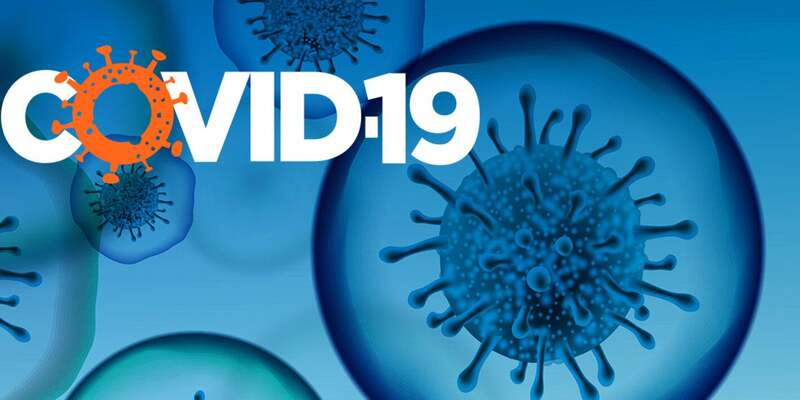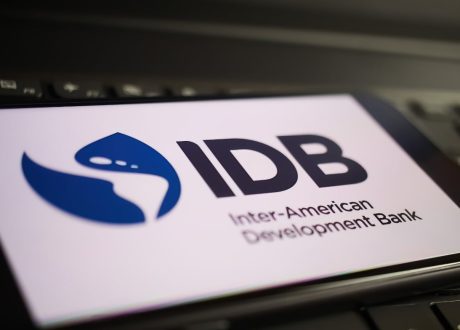
140 oil, gas firms committed to reducing methane emissions under OGMP 2.0
About 140 oil and gas companies have committed to credibly measuring and reducing methane emissions ...

World leaders decided to launch a call to end the pandemic as a global emergency in 2022 by funding the Access to COVID-19 Tools (ACT) Accelerator, a partnership of leading agencies that is providing low and middle-income countries with tests, treatments, vaccines, and personal protective equipment.
With a significant proportion of the global population still unable to get vaccinated, tested or treated, $ 16 billion in grant funding is urgently required from governments to fund the work of the ACT-Accelerator agencies. This investment will allow them to procure essential tools to fight COVID-19 and provide them to low- and middle-income countries.
The ACT-Accelerator is calling for the support of higher income countries, at a time when vast global disparities in access to COVID-19 tools persist. Over 4.7 billion COVID-19 tests have been administered globally since the beginning of the pandemic. However, only about 22 million tests have been administered in low-income countries, comprising only 0.4% of the global total. Only 10% of people in low-income countries have received at least one vaccine dose. This massive inequity not only costs lives, it also hurts economies and risks the emergence of new, more dangerous variants that could rob current tools of their effectiveness and set even highly-vaccinated populations back many months.
The ACT-Accelerator Facilitation Council’s Finance and Resource Mobilization Working Group, comprised of countries across income groups and chaired by Norway, has agreed a new financing framework to help overcome this inequity. The framework sets out guidance on the ‘fair share’ of financing that richer countries should each contribute to the ACT-Accelerator’s global response. ‘Fair shares’ are calculated based on the size of their national economy and what they would gain from a faster recovery of the global economy and trade.
Supporting the rollout of tools to fight COVID-19 globally will help to curb virus transmission, break the cycle of variants, relieve overburdened health workers and systems, and save lives. With every month of delay, the global economy stands to lose almost four times the investment the ACT-Accelerator needs.
Closing the $ 16 billion gap facing the ACT-Accelerator will enable the partnership to in-country rollouts to get vaccines into arms, create a Pandemic Vaccine Pool of 600 million doses, support community engagement and cover ancillary costs for donations – contributing to countries’ national vaccination objectives towards the global target of 70% coverage in all countries by mid-2022.
It will also enable the purchase of 700 million tests – of the total 988 million targeted in the overall ACT-Accelerator budget – and expand sequencing capacity, enabling countries to direct public health measures, deliver more effective ‘test & treat’ strategies, and track how the virus evolves.
It will also help procure treatments for 120 million patients, as well as 433 million cubic meters of oxygen, including 100% of the oxygen needs of low-income countries.
It will also lead to protecting 1.7 million health workers with PPE – of the total 2.7 million targeted in the overall ACT-Accelerator budget – as well as budget and monitor ongoing needs in real-time to help identify and address bottlenecks facing rollouts of products.
It will also support clinical trials for treatments and vaccines, to help address variants of concern and initiate the development of broadly protective coronavirus vaccines.
Dr Tedros Adhanom Ghebreyesus, Director-General of the World Health Organization, said “The rapid spread of Omicron makes it even more urgent to ensure tests, treatments and vaccines are distributed equitably globally. If higher-income countries pay their fair share of the ACT-Accelerator costs, the partnership can support low- and middle-income countries to overcome low COVID-19 vaccination levels, weak testing, and medicine shortages. Science gave us the tools to fight COVID-19; if they are shared globally in solidarity, we can end COVID-19 as a global health emergency this year.”
The ACT-Accelerator is asking donor countries to contribute $ 16.8 billion of the $ 23.4 billion total budget in immediate grant funding for October 2021 to September 2022 – with all funding figures rounded to the closest decimal. With $ 814 million of this $ 16.8 billion already pledged, $ 16 billion is now needed to close the immediate financing gap.
Closing this immediate $ 16 billion financing gap would cover the most urgent work of the ACT-Accelerator’s constituent agencies, as set out in the initiative’s Strategic Plan and Budget, published in October 2021. It would cover procurement, research and development, product assessment, and rolling out vaccines, tests, and treatments, meeting the needs of low-income countries and the most vulnerable lower-middle income countries.
The aim is for the remaining $ 6.5 billion of the $ 23.4 billion budget to be self-financed by middle-income countries, using domestic resources to cover certain procurement needs, supported by multilateral development banks.
Separate to the ACT-Accelerator budget of $ 23.4 billion, $ 6.8 billion is needed for in-country delivery needs of vaccines and diagnostics, from a combination of domestic resources, multilateral development bank support, and further international grant financing support.
About 140 oil and gas companies have committed to credibly measuring and reducing methane emissions ...
Egypt’s Minister Rania Mashat has witnessed the launch of two international initiatives on sustainable energy ...
The Inter-American Development Bank (IDB) and the C40 Cities Climate Leadership Group (C40) signed an ...


اترك تعليقا